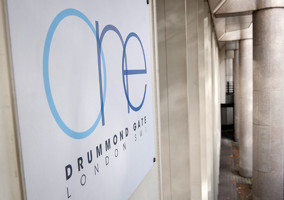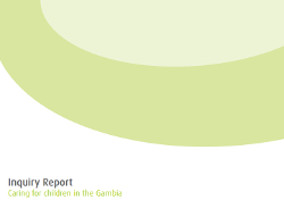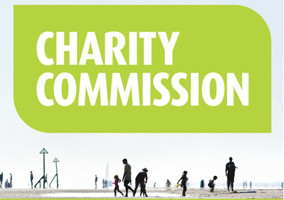The Charity Commission has published an inquiry report into a charity whose trustees transferred over £53,000 to the personal bank account of two individuals in Syria, without knowing what the funds would be used for.
The Charity Commission inquiry report, published today, said that the trustees of Masoom transferred over £53,000 to the personal bank accounts of two “agents” inside Syria but were unable to provide any “evidence in any form in support of how these funds were expended in the furtherance” of the charity’s purposes.
The organisation was, according to the commission, “proactively identified” for a compliance visit due to “its international operations in high risk areas such as the Occupied Palestinian Territories, Pakistan and Syria”.
The commission said that, between 7 January 2013 and 6 February 2015, the organisation’s charities expended £129,465 in the OPT, Pakistan, Syria and Tanzania, in support of humanitarian aid projects.
The commission said that, during its visit, the trustees were also unable to produce “any records to evidence the due diligence they stated they had carried out in respect of those they employed, used as partners or otherwise worked with – including the said agents – both in the UK and internationally”.
The commission’s visit however showed that the trustees were “unable to produce sufficient evidence to show, and account for, the proper application of the funds in these areas”.
The commission opened its statutory inquiry into the organisation on 30 July 2015.
Masoom was registered with the Charity Commission in 2008 and has charitable objectives of providing “relief and assistance of people, including those in financial need, who are the victims of war or natural disaster” and the “relief of financial hardship of people living in Pakistan and Turkey, in particular by making grants of money or providing or paying for items, services and facilities which they could not otherwise afford”.
Inquiry’s findings
In respect of funding its agents in Syria, the commission found that the charity had originally contacted them to inform them that “they were no longer going to authorise the transfer of any funds to the agent’s personal bank account” on 1 April 2014.
However, later that same day, a news documentary was aired which featured the two agents “carrying out work in Syria”.The trustees told the inquiry that, having seen the documentary go to air, they decided to reverse their earlier decision.
The report said that “the fact that the trustees reversed their previous decision based solely on the footage in the documentary raises concerns about the quality of the trustees’ decision making, and how easily they seemed to be swayed”.
The commission said that the trustees “co-operated with the inquiry throughout” and “responded responsibly to the commission’s regulatory concerns and its criticism of them”. However, the trustees were unable to “fully account for the proper use” of the £53,815 it had sent to its two agents in Syria, nor were they able to recover the funds.
In September 2016, the commission directed the trustees “not to employ or procure the agents to hold, apply, distribute, expend or otherwise transfer the charity’s funds or other property” until such time as the order is either “varied or revoked”.
The commission also said it would “revisit the charity again within 18 to 24 months to ensure that trustees are complying with their legal duties”.
Issues for the wider sector
The report concluded that the case highlighted the need for trustees to ensure that any agreements between their charity and a partner organisation is put “in writing” and must “specify the funds being made available, the timeframe for delivery of the project and measures of success”.
It also warned that charities working internationally should take “additional steps to ensure that charitable funds are properly used and reach intended beneficiaries”.
The charity has been contacted for a comment.
Related Articles












